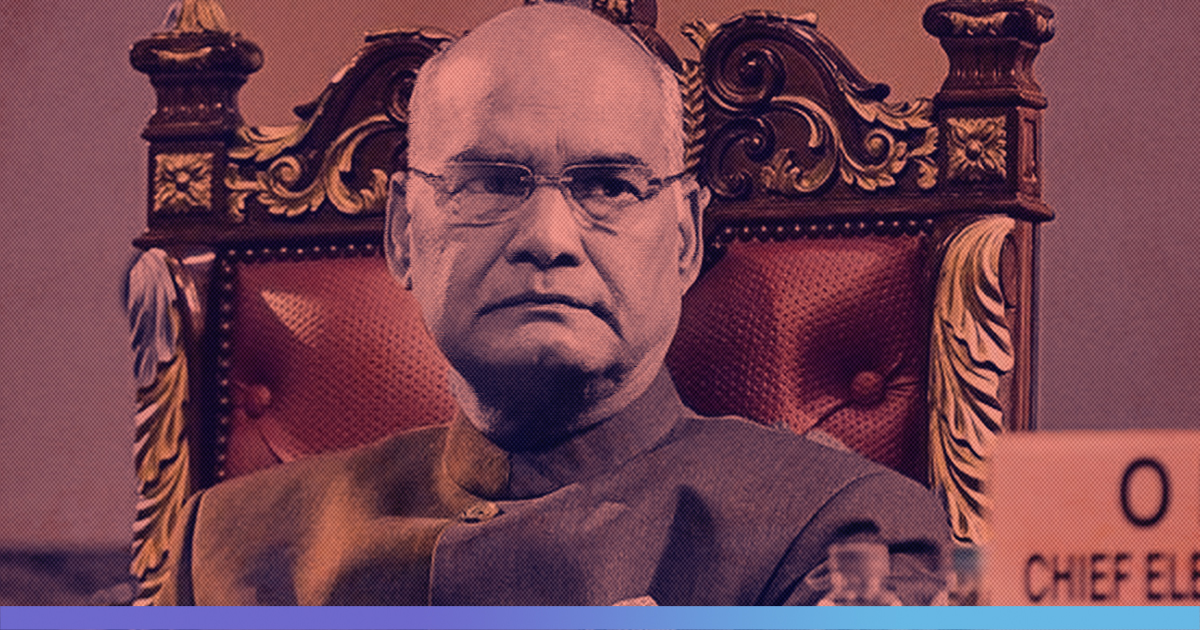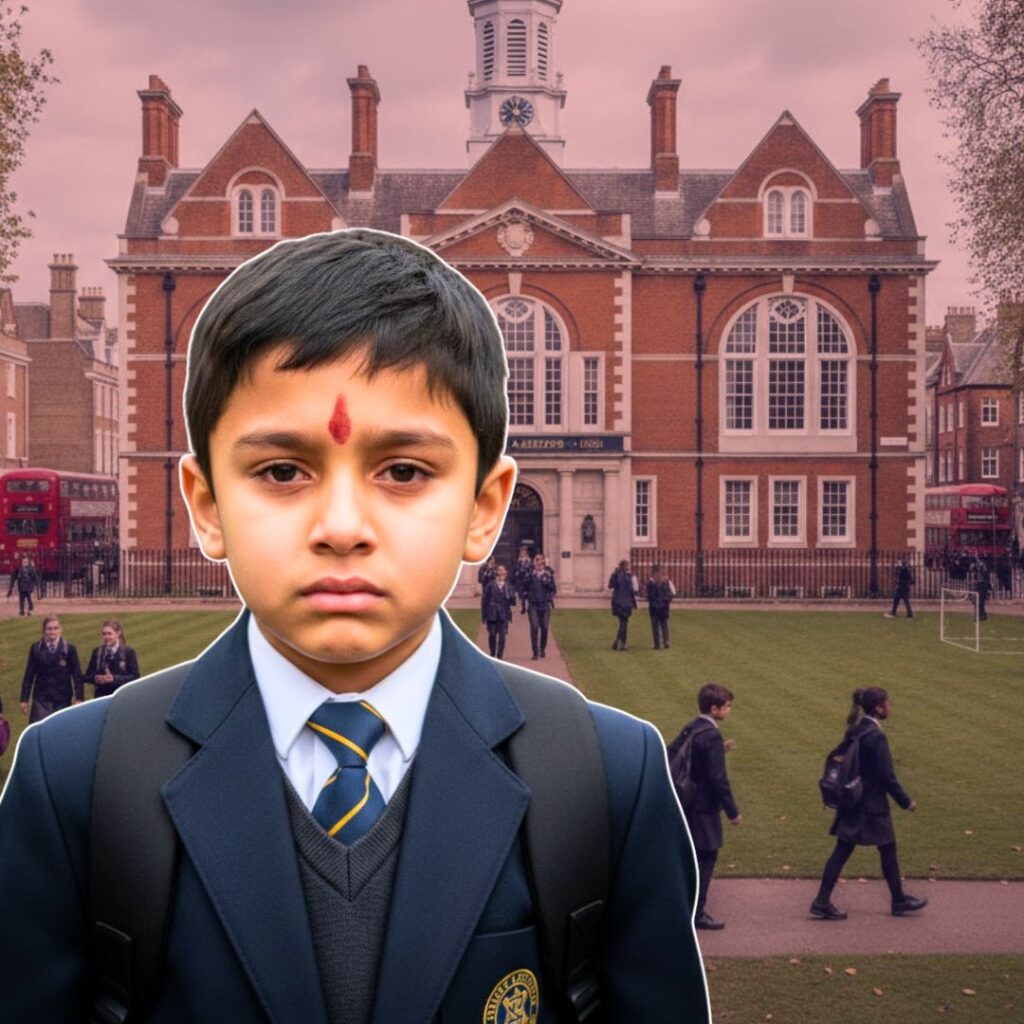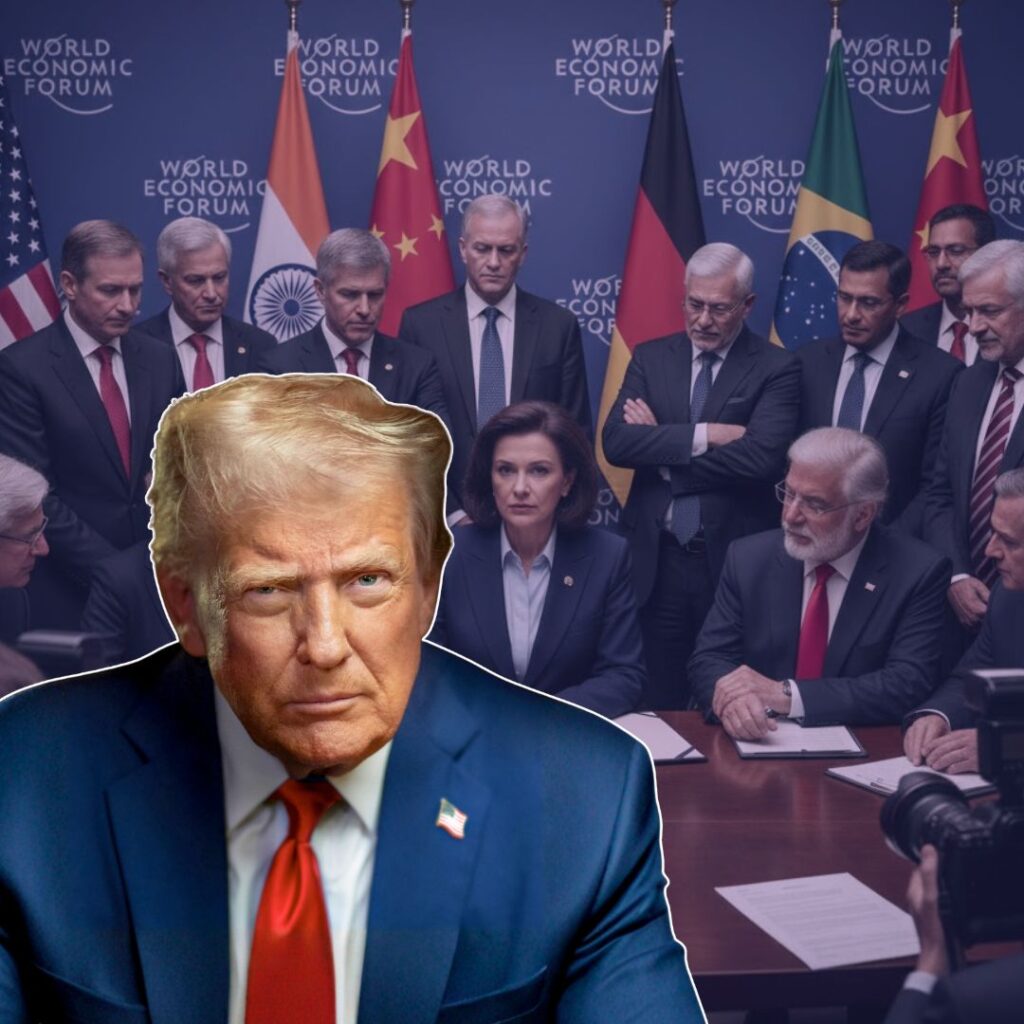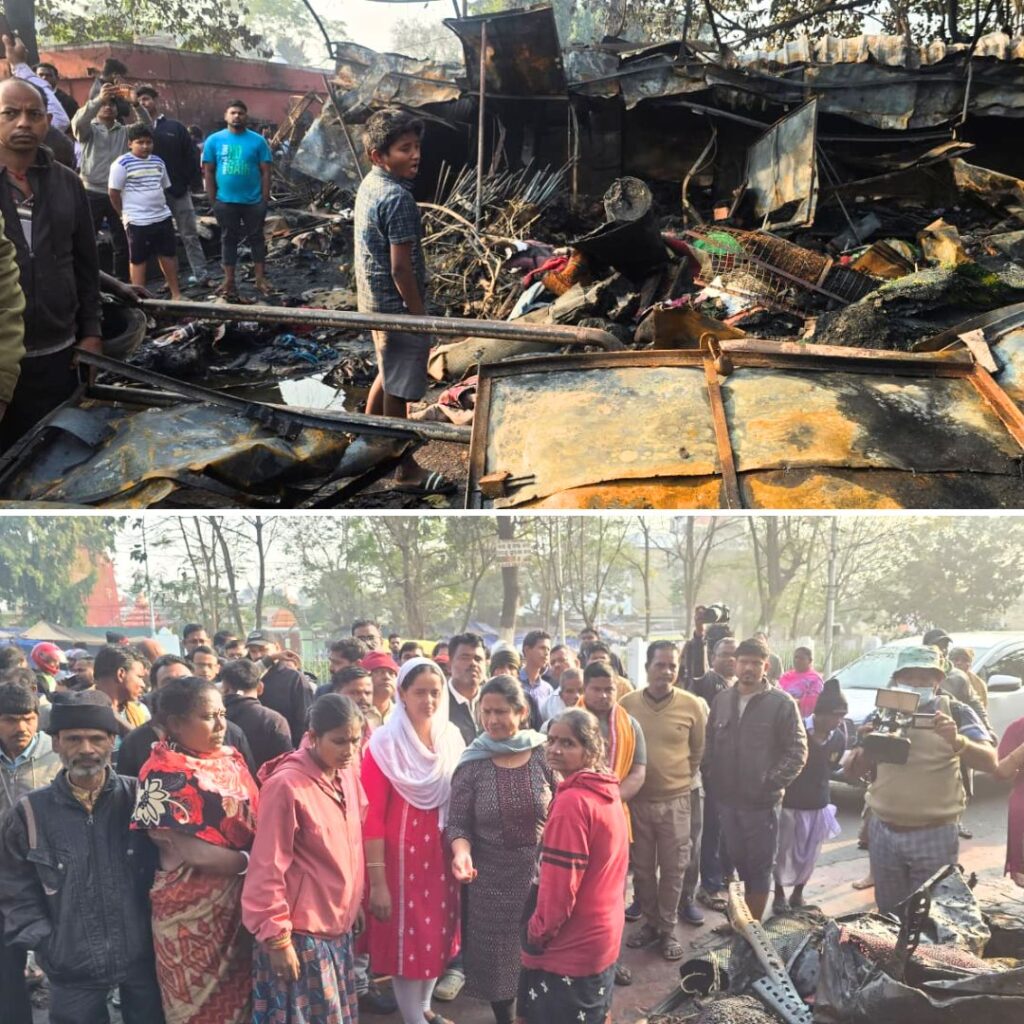The Central government partially abrogated Article 370 of the Constitution through a Presidential order titled ‘The Constitution (Application to Jammu & Kashmir) Order, 2019’, on August 5.
The Order has amended Article 367 of the Constitution and does not make any direct changes in Article 370.
Through the order, a new clause has been inserted into clause (4) of Article 367. As per this new clause, Sadar-i-Risayat of J&K shall be read as Governor of J&K; the Government of Jammu & Kashmir shall mean the Governor of the State; the ‘Constituent Assembly’ of J&K, referred to in the sub-clause (3) of Article 370, shall be read as ‘Legislative Assembly’ of J&K.
As per the sub-clause (3) of Article 370, a Presidential Order scrapping Article 370 can only be issued under Article 370(3) for which the recommendation of the Sadar-i-Riyasat of J&K or the Constituent Assembly of J&K is required.
“Notwithstanding anything in the foregoing provisions of this article, the President may, by public notification, declare that this article shall cease to be operative or shall be operative only with such exceptions and modifications and from such date as he may specify”
Provided that the recommendation of the Constituent Assembly of the State referred to in clause (2) shall be necessary before the President issues such a notification,” reads Article 370(3) of the Constitution.
Scrapping Article 370 By Using The Article Itself
Since the Constituent Assembly was dissolved in 1957, the president was virtually powerless to abrogate Article 370 in absence of a Constituent Assembly.
Therefore, President Ram Nath Kovind used Article 370 (1)(d) to amend Article 367 and replaced the term ‘Constituent Assembly’ with ‘Legislative Assembly’ in the constitution.
Additionally, even a Presidential Order under clause Article 370 (1)(d) requires the approval of the State of Jammu & Kashmir. Since J&K has been under President’s rule from June 2018 till date, all powers of the State Assembly is with the central government, via President.
What essentially means is that, after replacing ‘Constituent Assembly’ with ‘Legislative Assembly’ in Article 370 subsection (3) and with no government in the state, all the powers are with the President.
Hence, in conclusion, the government of the day, through a presidential order scraped Article 370 by using the article itself.
Constitutional Validity
The bill has got Presidential nod after the resolution was moved in Rajya Sabha.
However, several activists have announced to challenge the Presidential Order in the Supreme Court.
“We will challenge the Presidential order in Supreme Court. I am in touch with a team of lawyers and a few activists. We will find out the best legal way to fight it this. We hope we will get justice in the Supreme Court as we are in a strong position constitutionally and legally,” Shehla Rashid, activist and former vice-president of Jawaharlal University Student Union, told The Hindu.
Turn of Events
Citing terror threats, J&K administration on August 2 issued a security advisory for Amarnath Yatra pilgrims and advised them to curtail the Yatra. This was a historic decision considering it has never happened in the past and it is something that the Indian government has used to control the situation in the state. Tourists in the state were asked to leave the state, as well.
On August 4, section 144 was imposed on the state, the internet services were suspended, top leaders including Mehbooba Mufti and Omar Abdullah were put under house arrest.
All this happened in the backdrop of massive troop deployment in the state. In the period of two weeks, 35,000 additional forces were sent to the valley. Hysteria among the indigenous population resonated with many across the country.
In The Parliament
In Rajya Sabha, a resolution was tabled to approve the presidential order along with the introduction of two other bills.
The first bill was on reservations in J&K which seeks reservation for Pahari community in government jobs. The second bill was on J&K re-organisation which divided the state into two union territories – J&K with a legislature and Ladakh without a legislature.
By the end of the parliament session on Monday, all the three items – two bills and one resolution – were cleared.
Also Read: Kashmiri Citizens Fear Scrapping Of Article 35A & 370; Know Why












